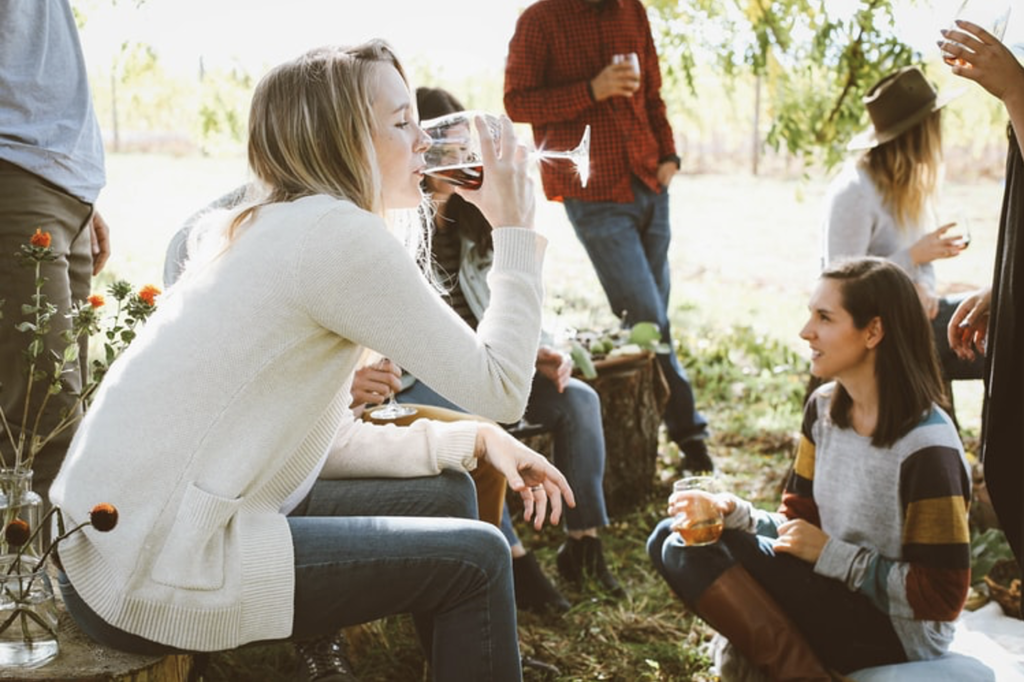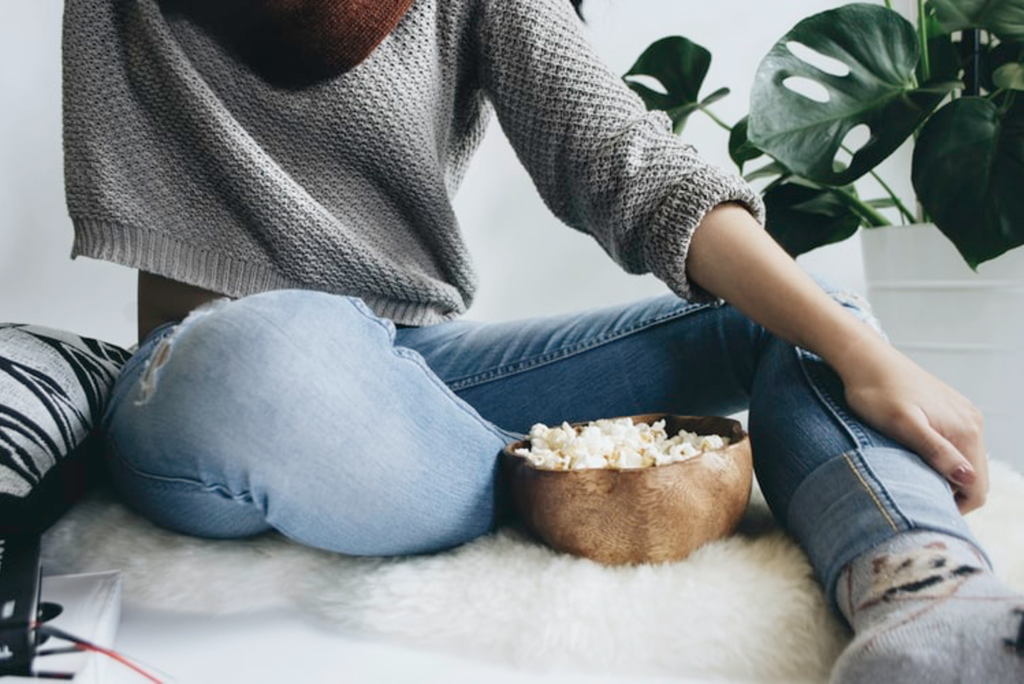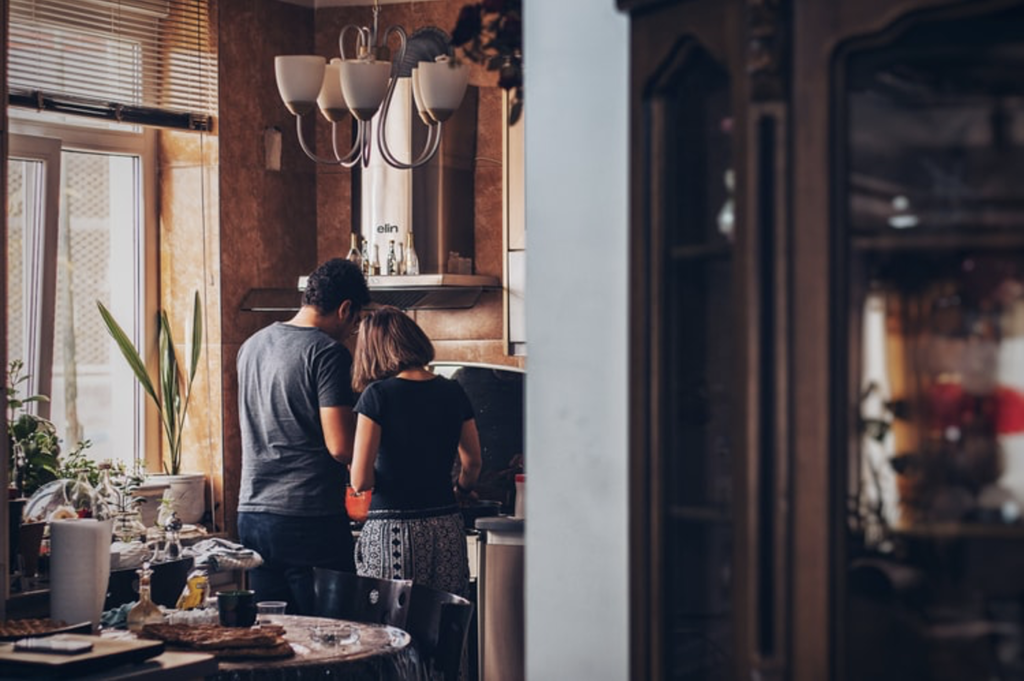The general opinion amongst my friends and family was that once COVID restrictions raised, we’d all rush out to socialise again. So far, this has not proven to be true. I’ve observed people easing back into socialisation at a much slower pace than expected, and a shift in the kinds of activities taking place. It has moved from larger, louder activities to quieter, more personal events. From those my age, I have also noticed an increase in anxiety about re-entering public spaces.
It is theorised that COVID has altered, perhaps permanently, the way people spend their time in relation to work/life balance. So what does this mean in terms of the types and rapidity of socialisation?
At the beginning of COVID lockdown, several of my friends complained about no longer being able to go clubbing. Months later, these discussions changed. Talking about clubbing became rehashing how gross and unhealthy the frequency of their visits were. Two of my friends have mentioned that they have no inclination to rush back out there.
What brought about this shift in view?

Not only are our friend groups getting smaller due to isolation, but our interactions with them as well. The people you remained in contact with are often those you were truly close with; aspects like hobbies and work were taken out of the equation for some time. Imposed isolation has made several of my outgoing friends slow down their time with others, even now, some weeks/months out of restrictions.
Going long periods of time without smaller, daily interactions also makes it harder to swing back into full-time socialisation. Academic Dr Marlee Bower points out that:
“They [people] are more hypervigilant of rejection, they are more socially anxious – and these can make those simple interactions more difficult and less likely to go smoothly.”
For myself who is already socially anxious as it is, coming back into large groups immediately is always hard to spin. People may shy away from these interactions solely for how difficult they are to process all at once. As one of my friends remarked at the beginning of easing restrictions:
“It’s like, shit, how do I talk to people?”
When discussing the types of things my friend group would like to do together post-COVID, it is more often than not a small gathering in a private place. A lunch at the park, or a movie night/presentation night in someone’s house, for example.

And this seems to be a common experience. Rather than going out to the cinema with friends, people have begun doing Zoom watch parties, or only gathering in a small group in someone’s home. Streaming service use has gone up exponentially, and an American survey conducted back in May 2020, as shown by Variety, found that:
“A whopping 70% say they are more likely to watch from their couch, while just 13% say they are more likely to watch at a local cinema (with 17% not sure).”
Months after this, there were reports of people saying that public events would probably scare people for a long time.
Furthermore, with restrictions on leaving the house in place, many people began paying more attention to cleaning and maintaining their home:
“Meanwhile, I have become someone who routinely mops their floors, which is partly due to the fact that my work-from-home schedule has allotted me ample time to scrutinize every particle of dust and dirt on them.” — Amanda Arnold, The Cut
If this new behaviour endures past COVID, it could mean more and more interactions held within the home, and less of a need to go anywhere else. Similarly, people have begun cooking at home more, which could begin an increase of eating in with friends and family, rather than eating out. I have noticed a definite shift in terms of the types of social activities people in my life engage in. There is a larger focus on generating more intimate gatherings, rather than ones that is harder to connect at.

Some of my friends commented that things have mostly gone back to normal in their social lives. However, despite falling back into old habits, there have been significant changes for them internally. Still partying, some of my friends have remarked that “a night out feels more special” compared to their pre-COVID gatherings. They have a “new headspace” and are more committed to maintaining a balance in their down time/socialisation scale.
It will certainly be interesting to see how long term the effects of COVID are on how we socialise. It is more than likely that things will entirely recover, as humans are social creatures at heart. However, this may not happen as quickly as we expected pre-COVID.


